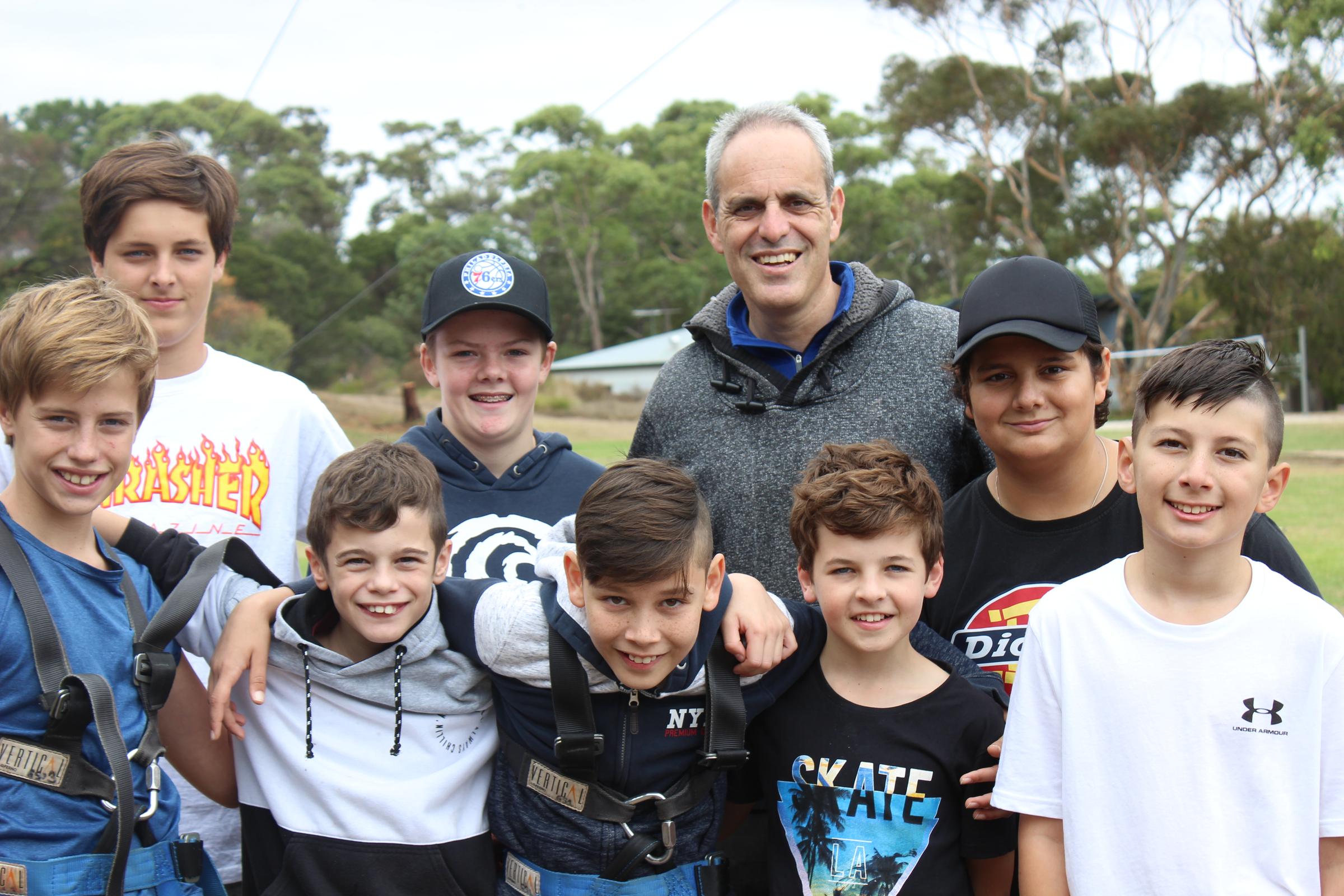Student Wellbeing

Why are young people ignoring cyber safety?
A survey of hundreds of university students at Flinders University has revealed basic cyber safety messages are being ignored by young people with too many taking risks when it comes to sharing personal information online.
The research also showed some considered it a joke to access a mate’s social media site.
Interestingly, there was a correlation between the number of “friends” a person had on their social networking platform and the risks they took — those with more friends or followers tended to take greater risks.
Students also admitted they’d previously accessed a friend’s personal social networking platform to leave a mischievous message. While the messages were intended to be playful it was surprising that some people considered this to be OK.
Respondents also admitted to “sexting”, saying they’d shared information or pictures they now worried would come back to haunt them.
It is important for young people to understand social media platforms are businesses, and that your data is their product. The information you disclose becomes their property.
The focus on new cyber safety education is on trying to get young people to understand that rules that apply in a public space, are also relevant in the apparent comfort and security of their own home.
When young people are using their devices in a place they perceive as their personal, safe space, they can share details they wouldn’t to a stranger on the street. We have to educate users and help them understand once they disclose information, they lose control over where it will end up.
It is easy for both young people and parents to have a false sense of security behind a screen from home.
The most common cyber safety issue that I hear as a School Counsellor is ‘sextortion’. A boy gets a random friend request from a ‘cute girl’. The friend request is accepted & the correspondence that follows quickly becomes sexualised with the ‘cute girl’ sending explicit pictures. The ‘cute girl’ then asks the boy to send an intimate photo of himself. The boy soon realises that the intimate photo he has sent – even on a platform like Snap Chat, has been screed shot. This intimate image can now end up anywhere. He has no control where it will end up. The boy freaks out!
While today’s teens are ‘digital natives’ and are usually more tech savvy than their parents, often they are yet to develop the maturity, experience or resilience to recognise and cope with online risks such as unwanted contact or grooming by sexual predators.
Tips to protect your boys
BE alert to the signs of inappropriate contact
DELETE unknown contacts and requests or messages from strangers
REPORT and block any unwanted or negative contact
BE wary of online “friends”
IT’S important to be aware that unwanted contact is not limited to “strangers” – it can come from strangers, online “friends” you’ve never met or face-to-face, or people you actually know.
If you would like to have a discussion with the School Counsellor, you are welcome to call me on 9575 8128 or email me at gvlamakis@sjcbe.catholic.edu.au
George Vlamakis
Student Counsellor
